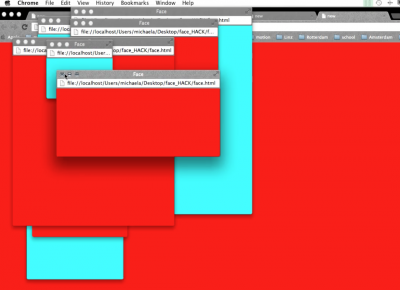About: Difference between revisions
(Created page with "Our programme allows you to move flexibly and fluently across the rapidly expanding field of hybrid media practices: from software art, e-publishing, to a variety of lens-base...") |
No edit summary |
||
| Line 1: | Line 1: | ||
Our programme allows you to move flexibly and fluently across the rapidly expanding field of hybrid media practices: from software art, e-publishing, to a variety of lens-based practices for both new and traditional platforms. All elements of the course support your independent projects, providing skills that facilitate self-directed research. | Our programme allows you to move flexibly and fluently across the rapidly expanding field of hybrid media practices: from software art, e-publishing, to a variety of lens-based practices for both new and traditional platforms. All elements of the course support your independent projects, providing skills that facilitate self-directed research. | ||
[[File:Screen_Shot_2013-04-02_at_12.38.11_AM.png | 400px |right]] | |||
====The central elements of the course are: ==== | ====The central elements of the course are: ==== | ||
*Free and open source software development | *Free and open source software development | ||
Revision as of 10:34, 26 April 2013
Our programme allows you to move flexibly and fluently across the rapidly expanding field of hybrid media practices: from software art, e-publishing, to a variety of lens-based practices for both new and traditional platforms. All elements of the course support your independent projects, providing skills that facilitate self-directed research.
The central elements of the course are:
- Free and open source software development
- Participatory media practices
- Film & video editing skills
- Practice-based thematic projects that focus on a particular aspect of the contemporary media ecology
- Research methodologies which helps you position your own work within the current context
- Archiving, recording and presenting your work.
All these elements provide tools to differentiate your work in an increasingly complex and competitive field.
Students of the Media Design & Communication programme come from a wide variety of backgrounds, experiences and cultures, and their work encompasses a range of approaches to creating an individual media language: developing skills to create ambitious individual and group projects.
Within this context the Master programme provides opportunities for specialization in: Networked Media and Lens Based Media

